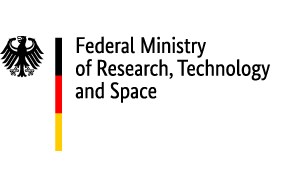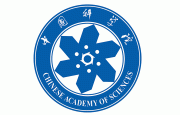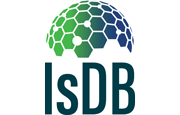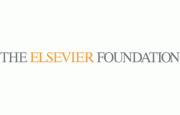TWAS research grants are awarded to both individual scientists and research groups
TWAS research grants fund several programmes that support:
- Researchers in developing countries, allowing them to purchase specialized equipment and consumable supplies, and
- Support Master of Science students.
The call for 2026 TWAS Seed Grant for Principal African Investigators will open soon.





